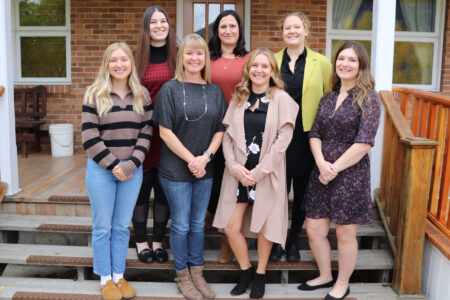A Matter of Life and Death
We all contemplate human mortality sometimes. That’s natural and healthy, considering that we all die; it’s just a matter of when and how. And those are things we seldom know in advance — even when we think we do. Most people have experienced grief at the death of loved ones — dear friends, family members, or pets. It’s often the irrevocable finality of death that most shocks and appalls us. We know that death is merely a part of the cycle of life, but usually we prefer not to think of that — at least, not as it applies to us, personally, or those we love and admire.
We have read poems about death and loss, and we are daily bombarded by news reports chronicling the deaths of others by various forms of mischance: plane crashes, car crashes, murder, illness, and suicide. We read novels about homicides and the solution of the crimes; much of our entertainment involves stories that include death, or games that involve killing off the evil entities — or getting knocked out of the game.
Many Canadians have lived sheltered lives, in terms of death; we have not lived in a war zone, where facing large-scale death is a frequent and up-close experience. We have not lived through a killing epidemic like the plague, with people dying everywhere around us. We have not had our noses rubbed in the reality of death, and the lack of any sort of fairness in how it happens, on a daily basis.
Many people take comfort from religious or spiritual beliefs about a deity and about “life after death” or having an “immortal soul” or a spirit that will live on after our bodies die. Others believe there is no deity, and no soul or spirit that survives the death of the body; they don’t believe in a “plan” that is directed by an omnipotent, omniscient being. And some are comfortable with not knowing — and not having any beliefs about — what, if anything, happens after we have died.
For people who contemplate these matters, and would like to talk about them, there are “death cafés” where people gather together to talk. There will be death cafés held in Nelson this spring, hosted by the Kalein Hospice.
In an earlier article, the BC Civil Liberties Association discussed their victory at the Supreme Court of Canada in winning a unanimous decision that Canadians who are suffering from terminal and incurable illness have a constitutional right to choose a physician’s assistance in dying. This was hailed as “a tremendous victory for compassion at the end of life.”
The accompanying video on that decision provides more food for thought on the topic of death and our attitudes toward it.
Spring is here, and new life is bursting out; flowers are blooming, branches are budding, the sun is shining and rain is falling on greening grass. Last year’s dead brown leaves are decaying into the earth to nourish new life, and gardeners are busy planning for our short growing season. Why am I writing about death at this time of rebirth? — because, like new life, new death is all around us, and wouldn’t it be a good thing to begin to come to terms with that fundamental reality, and its total lack of connection to our human concepts of justice and fairness? But that’s for you to decide, for yourself.


























